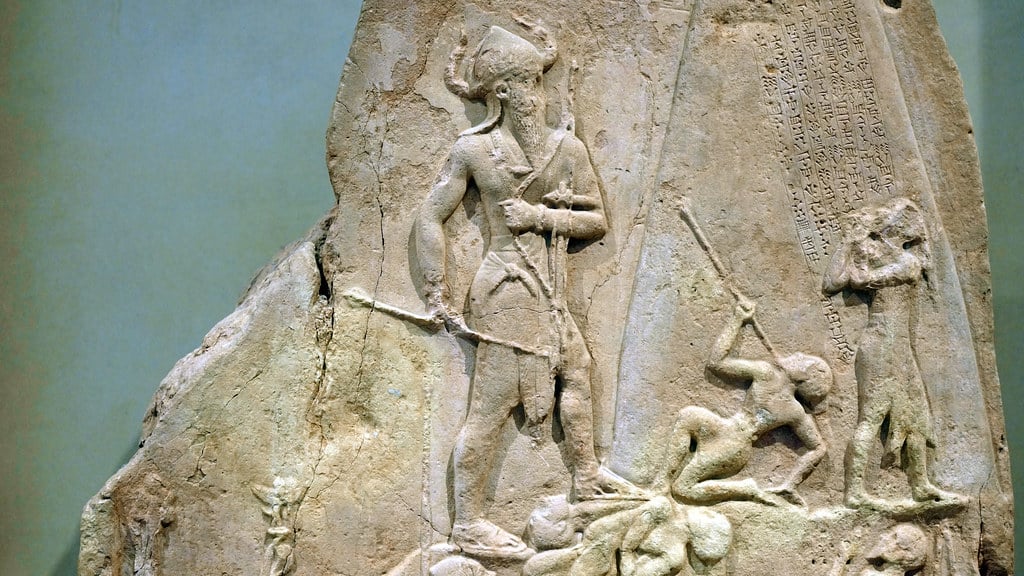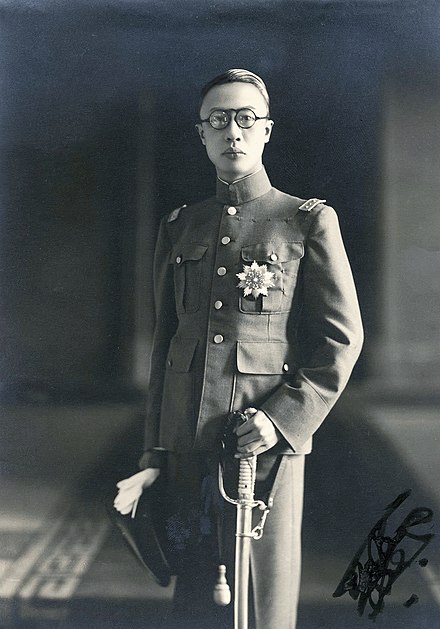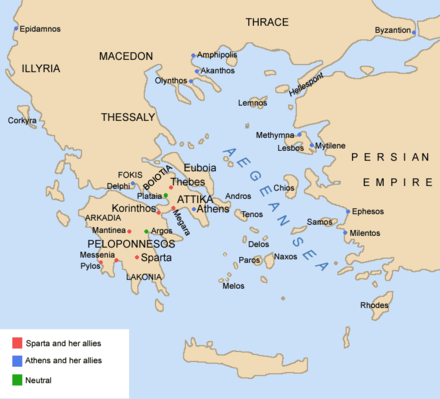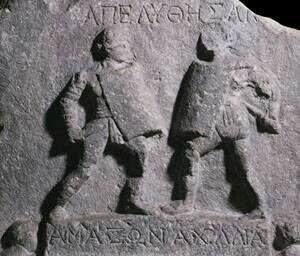Why Did The US Military Save Kyoto from Being Bombed During the Second World War?
Hiroshima and Nagasaki were bombed in the second world war because they were largely populated areas. Kyoto was also an urbanized and populated area, but it wasn’t attacked. But why was Kyoto spared from the devastation? According to historians, the US Secretary of War spared the little city of Kyoto due to his attachment to […]
Why Did The US Military Save Kyoto from Being Bombed During the Second World War? Read More »







